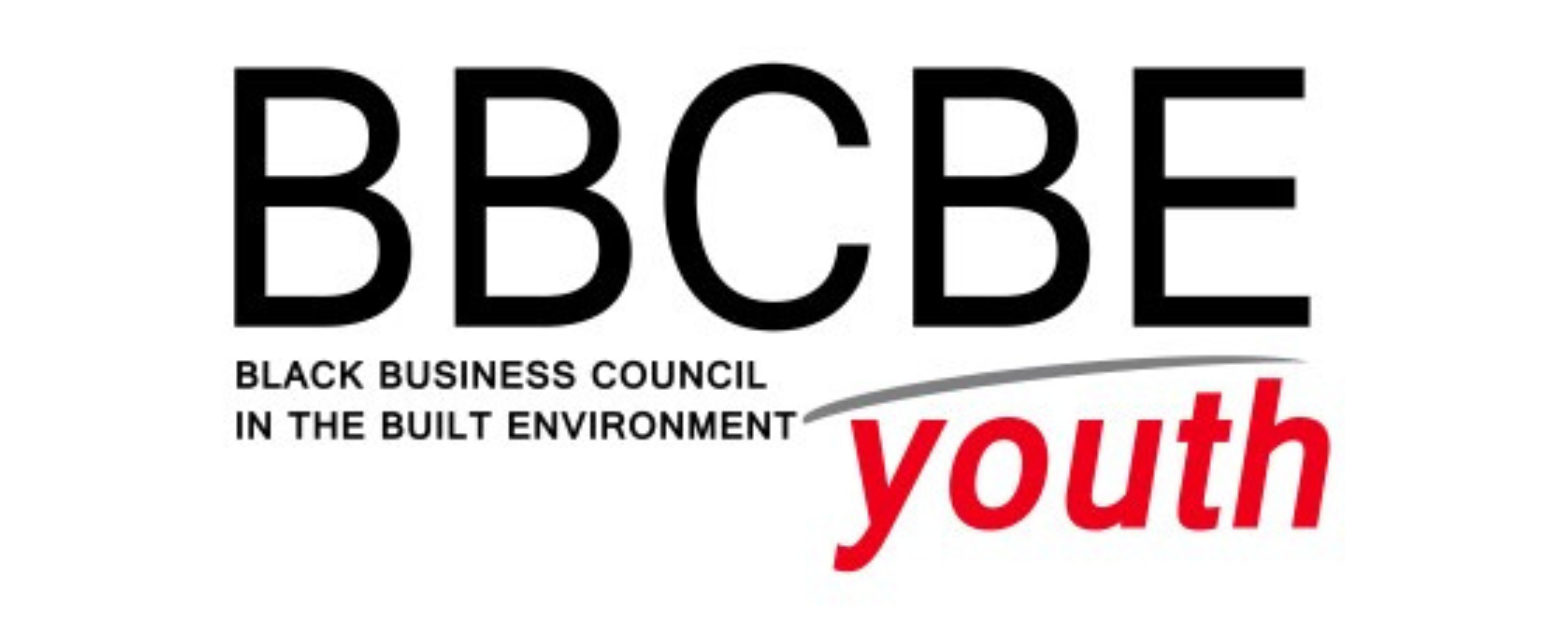

Zola Nyathi brings over 9 years of experience in the construction industry, including 3 years in property development. He holds a degree in Development Studies from the University of Johannesburg, along with certifications in implementing ISO 9001 quality management systems and training from the United Nations Development Programme. Zola has further enhanced his skills through various programs, including a supplier development program, a certification in New Engineering Contracts (NEC3), New Venture Creation from the South African Wildlife College, and a certificate in Export Market Linkages from the CBI Ministry of Foreign Affairs.
As a dynamic entrepreneur, Zola has founded and led multiple organizations. He is the founder of the Agribusiness Movement of Southern Africa (ABMSA), the director and founder of Figgup Projects (a construction company), and the founder of RC Butchery. He also serves as an advisory board member for the University of Mpumalanga’s School of Agricultural Sciences, was the chairperson of the BMF Youth Chamber (Mpumalanga) in 2016 and is a founding member of the Pakistan-South Africa Alliance of Natural Ingredients. Zola’s diverse background and leadership roles reflect his commitment to driving growth and innovation across various sectors.
Lerato Moamogwa is a passionate advocate in the Built Environment, holding a National Diploma in Building Science and a Post Graduate Certificate in Quantity Surveying from the University of Johannesburg. With seven years of experience and strong background in policy work, she has collaborated with various associations and councils in the sector.
Currently, she serves as a coordinator in the National Youth Service (NYS) unit at the National Youth Development Agency (NYDA), focusing on skills development initiatives for youth in South Africa. In addition to her role at NYDA, Lerato is the founder and host of “Construction Perspective,” a YouTube show that delves into diverse aspects of the built environment.
Lerato also contributes to the DSI-NRF Centre in Indigenous Knowledge Systems (CIKS) Steering Committee, working closely with the Department of Technology and Innovation. Her commitment to fostering youth development and promoting knowledge in the built environment is further illustrated by her contributions to the Public Procurement Bill enacted in 2024, showcasing her dedication to making a positive impact in her community.
Nomthandazo is a seasoned start-up expert with extensive experience gained from prestigious incubators in Ghana and New York. As a co-owner of multiple businesses, she excels in leadership, effectively guiding teams toward success. In addition to her entrepreneurial expertise, she is a trained software engineer.
With a background in construction, Nomthandazo skilfully blends her capabilities in building houses with her software development skills, creating a multidisciplinary approach to her work. This diverse experience uniquely positions her at the intersection of technology, business, and infrastructure development, allowing her to innovate and drive impactful solutions in her field.
“The positive momentum of BIH, its forward thinking and intended robust growth is 1attributed largely to the close partnership between governments, public, communities and the private sector.
Team BIH combines its collective energies to deliver real value added services to our partners and clients.
We create sustainable working structures for all partners and subsidiaries, with our ethos being: “YOUR SUCCESS IS OUR SUCCESS.”
SA Governments Development Priorities – A contract with society: “Its time for Implementation”
An established, entrepreneurial and profitable investment arm of BBCBE with credible partners.
To create a transformed, empowered, inclusive and responsible built environment with an evolving legislative and regulatory landscape.
To actively contribute to the sustainable development of South Africa’s social and economic infrastructure in support of national development objectives.


BIH’s source of guidance and what it stands for. These are timeless, influencing the organisational culture and driving how and why you do things.
These are the core standards that guide the way BIH does business. They sum up what BIH stands for, influence the organisational culture and drive how and why you do things.
A concise list of the benefits and impact that BIH is delivering to the members of BBCBE, investors, customers, and partners – a declaration of intent, both inside the company and in the marketplace.
BIH is a one-stop shop with a broad value chain that enables the company to:





A key component of BIH competitive strategy is a clearly defined value proposition, which is a declaration of our intent inside BBCBE (members of BBCBE) and in the marketplace (investors, customers and partners).
BIH is a one-stop shop with a broad value chain that enables the company to:
An investment arm of the Black Business Council in the Built Environment (BBCBE).
Defining BIH begins by defining the BBCBE.


Established in 2018, BIH generates and provide a revenue stream to sustain the Non-Profit Company (BBCBE).
Purpose statement: BIH is the transformational income generating vehicle of BBCBE to create generational wealth and a legacy by partnering with institutions and mobilising capital investments.
An investment arm of the Black Business Council in the Built Environment (BBCBE).
Defining BIH begins by defining the BBCBE.
The apex organization of black construction and professional organizations in South Africa. It was established in 2007.
It’s main objective its advocacy – engaging government and other statutory bodies to influence the drafting and implementation of appropriate legislation to create an enabling environment for the black constituency in the building and construction industry.



1.Infrastructural Development (Student Accommodation, Townships, Urban & Rural Hotels)
2.Construction and Roads
3.Consulting (Engineering, Facilities Management, Fire management, etc.)
4.Agricultural & Rural Development
5.Industrial Development Zones (IDZ)
6.Electrification of Townships and Rural Villages
7.Green Energy Projects
8.Training and Development Campaigns
Strategic objectives to create value for shareholders
Key strengths and skill sets for successful delivery